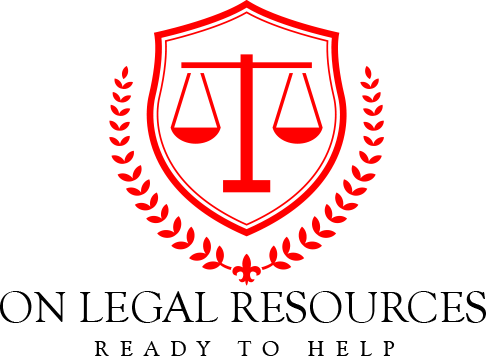Holding Them Accountable: Why an Attorney is Key to Justice for Oil Rig Negligence
June 16, 2025 Off By Delores V. Stalnaker
Unquestionably attractive, the oil and gas sector promises great pay and the thrill of working on the frontiers of energy production. Yet, beneath the surface of opportunity lies an inherently dangerous environment, particularly on offshore oil rigs. The work is physically demanding, the machinery is colossal, and the stakes are incredibly high.
When safety protocols are breached and negligence occurs, the consequences can be catastrophic, leading to severe injuries, permanent disabilities, and even fatalities. For victims of oil rig negligence and their families, the path to justice is often complex, arduous, and fraught with legal challenges. This is precisely why an experienced oil rig worker injury attorney is not just beneficial, but absolutely key to achieving a just outcome.
The Labyrinth of Maritime Law and Federal Regulations
Oil rigs operate in a unique legal sphere, often governed by a complex interplay of state, federal, and international maritime laws. Each of these laws has distinct provisions, eligibility requirements, and limitations that can significantly impact a claimant’s rights and potential compensation.
An attorney specializing in maritime law possesses an intimate understanding of these intricate legal frameworks. They can accurately determine which laws apply to a specific case, ensuring that claims are filed correctly and within the prescribed time limits. Without this specialized legal knowledge, victims risk filing under the wrong statute, missing critical deadlines, or failing to assert all available legal avenues, thereby jeopardizing their chances of obtaining full and fair compensation.
Battling Corporate Giants: The Power Imbalance
Oil and gas companies are often multi-billion dollar corporations with vast legal departments and formidable resources. They are prepared to vigorously defend against negligence claims, employing teams of lawyers and investigators to minimize payouts. Victims, often recovering from severe injuries and grappling with emotional distress, are ill-equipped to challenge such powerful entities on their own.
An attorney acts as a crucial equalizer in this power imbalance. They have the experience and resources to go head-to-head with corporate legal teams. They can conduct thorough investigations, gather critical evidence (including accident reports, maintenance logs, safety records, and witness testimonies), depose company representatives, and challenge biased expert opinions. Their presence signals to the defendant that the victim is serious about pursuing justice and will not be easily intimidated or exploited.
Proving Negligence: The Burden of Proof
Establishing negligence in an oil rig accident requires more than just knowing an injury occurred. It demands proving that the rig owner, operator, or another party breached a duty of care, and that this breach directly caused the victim’s injuries. This often involves demonstrating failures in safety protocols, inadequate training, poorly maintained equipment, unsafe working conditions, or a disregard for established industry standards.
Navigating Settlements and Litigation
Settlement agreements rather than a trial help many cases involving oil rig negligence is addressed. An attorney can effectively negotiate with insurance companies and corporate lawyers, rejecting lowball offers and pushing for a resolution that adequately compensates their client.
Should settlement negotiations fail, an attorney is prepared to take the case to trial. They have court experience, litigation techniques, and persuasive power to make a strong case to a jury and judge. The threat of a trial, and the associated costs and potential for a large verdict, often motivates defendants to offer more reasonable settlements. Without an attorney, victims may be pressured into accepting an insufficient settlement or simply lack the capacity to pursue their case through the demanding process of litigation.
Conclusion
The dangerous environment of an oil rig, coupled with the complex legal landscape and the powerful entities involved, makes seeking justice for negligence a formidable challenge. For victims and their families, the journey to recovery and fair compensation is often overwhelming. This is why the role of an experienced attorney is not merely helpful, but absolutely indispensable.
